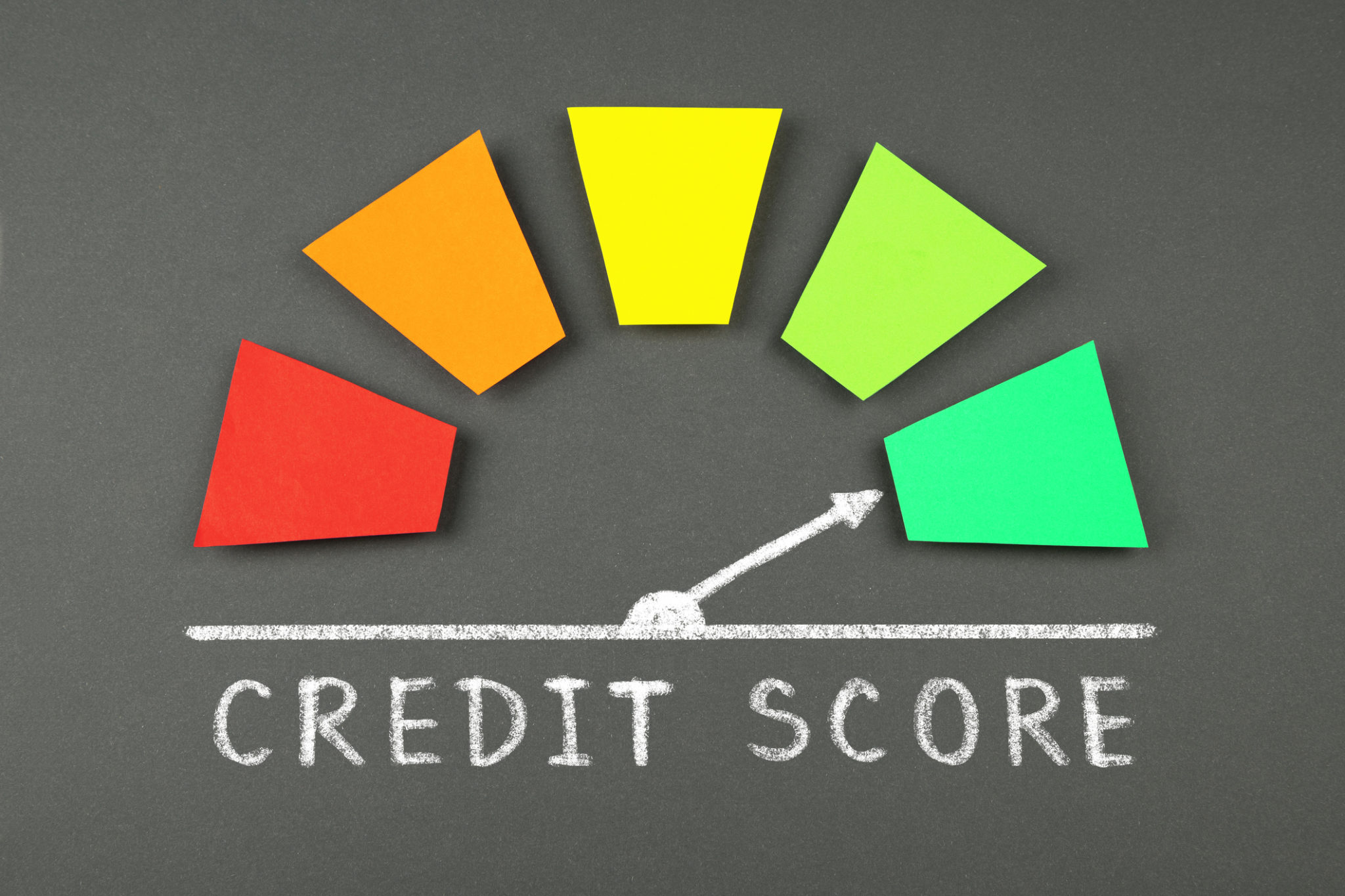Credit Myths You Need to Stop Believing
If you’re looking to buy a house, a car or another large purchase, you’ve probably checked your credit score. This simple number can impact nearly every aspect of your new purchase, including your likelihood of being approved and the amount of interest you’ll pay over the life of the loan, so it is important to know.
Credit scores are stressful for a lot of people, especially if you’re trying to rebuild your credit to be in good standing and get better loan offers. It’s surprisingly easy to improve your credit score with just a few small changes, but the many credit score myths can make this more difficult.
To help you get on the right track for improving your credit, we’ve compiled this list of the top credit myths you need to stop believing.
Carry a Credit Balance
This myth suggests that it’s better for your credit to carry a small balance on your credit cards from month to month to build up your credit score. The idea behind this myth is that you’re demonstrating your ability to responsibly use credit, as opposed to having the entire balance available at all times.
Not only is this myth a good way to get yourself into debt and pay more in interest than you need to, but it can also impact the credit utilization aspect of your credit report. This measures how much of your available credit you use, which should be lower than 30 percent. Carrying a balance puts you at risk of going over this ideal utilization.
To use your credit card to rebuild your credit, you should only make purchases with credit that you can afford to pay off in full every month. This will ensure that you’re not overextending yourself and that your credit utilization is low, both of which help your credit score.
Avoid Credit Applications
Credit inquiries are a small part of your credit score as well, but it’s low impact. Because of this, many people avoid applying for credit for fear of having too many inquiries on their report.
Too many credit inquiries can impact your score, since it may appear to creditors that you’re desperate for credit, but that doesn’t mean you need to avoid applications altogether. One or two applications for credit won’t impact your score, so just be careful not to apply for too much credit all at once.
Don’t Shop for Rates
The credit inquiry myth also prevents many people from shopping for the best rate, which can cost a lot in interest in the end.
If you’re rate shopping, there are a few ways to do it without impacting your credit score. Try to keep your applications within a two-week period and apply for the same loan type and amount. Credit bureaus will recognize this as rate shopping and lump these applications together, so they won’t all individually show up on your report and lower your score.
There’s Only One Credit Score
Creditors use many algorithms to determine your creditworthiness, even if you only have access to a single three-digit score. Basing your likelihood of credit approval on this one score can lead to a declined application, which is why it’s important to pay attention to your credit range, rather than one score.
Your credit will generally stay in the same range, though the actual score may vary. When you’re looking to apply for credit, consider both ends of this range to determine your likelihood of being approved.
A Perfect Credit Score is Attainable
Trying to get your credit score as high as possible is smart, but aiming for a perfect credit score isn’t attainable. Your credit score is actually a range of scores from different reporting agencies, so even if one agency’s score is perfect, the rest of the scores on that range may not be.
Focus on keeping your credit range as high as it can possibly be, which will help you get better offers and better opportunities, even if your score isn’t perfect overall.
Checking Your Credit Score Damages Your Credit
This enduring myth is exceptionally dangerous. The best way to improve your credit and stay in good standing is by checking your score to be proactive, so avoiding a credit check can harm your credit more.
To understand the source of this myth, we need to look at the difference between “hard credit” and “soft credit” inquiries. Hard credit inquiries occur when a creditor pulls your credit report for an application, which impacts your score. Soft inquiries include pre-approvals for credit, checking your own credit score and other types of credit “previews,” which don’t impact your score.
Checking your credit score allows you to monitor your progress and identify any errors on your report, so don’t let this myth stop you from being aware and proactive.
Your Credit Score Includes Your Income
Your credit score is only part of the larger financial picture that a creditor uses to determine your creditworthiness. They will consider your income-to-debt ratio, which is how much you make compared to how much you currently owe, but this isn’t on your credit report.
Your credit score measures how you responsibly manage the money you’ve borrowed, but your income has nothing to do with it.
Student Loans Damage Your Credit
Student loans won’t damage your credit score, provided you make the payments on time every month. In fact, student loans generally have a long term and help to establish a long-term relationship with a creditor and a history of on-time payments, which helps your credit score tremendously.
If you default on your student loans, however, this will damage your score, but that’s true of any debts. Pay your scheduled student loan payments on time and in full and you won’t need to worry about it hurting your credit score.
Co-Signing a Loan Doesn’t Impact Your Credit
Co-signing a loan often comes up between parents and children or spouses, but this isn’t a situation to take on lightly. You’re most likely being asked to co-sign because the person applying doesn’t have good enough credit to get the loan by themselves, so you’re there to take on the additional credit risk.
If you co-sign a loan and the other person defaults, that will show up on your credit report and negatively impact your score. You may be responsible for paying off the remaining debt as well, so be sure only to co-sign loans for people you trust and don’t co-sign a loan that you couldn’t afford to pay off on your own.
Credit Reporting Errors are Uncommon
For all the millions of people with credit reports, it’s far more likely that you will eventually have a credit reporting error than not. Simple clerical errors in a date or number can lead to an inaccuracy on your report, which can potentially damage your score.
Check your credit score frequently to identify any errors or inaccuracies and get them taken care of before they can cause too much damage to your report.
Close Unused Accounts
Many people believe the best thing to do with old credit cards is to close them, but this can have a serious impact on your score.
Many factors determine your credit score, including your credit utilization and payment history, all of which weigh your ability to responsibly use credit. Length of credit history is an important factor in determining your credit score, and the longer you’ve been managing credit, the more it helps your score. When you close an old account that’s in positive standing, your average credit age drops and your overall score will be lower.
Regardless of whether or not you use the old account, keep it open to have a longer credit history. If it’s a creditor with an annual fee that you don’t want to pay, call and negotiate waiving the fee for your positive history, so you can keep the account open at no cost.
Visit Koster Cash Loans
Now that you’re aware of the many myths surrounding your credit score, you’ll be better prepared to take positive steps toward improving your credit and getting the credit opportunities you deserve.
Would a cash loan help you on the road to better credit? Visit Koster Cash Loans to learn more about our cash loans, payday loans and installment loans. Simply fill out our fast, secure online application to get your money fast!











